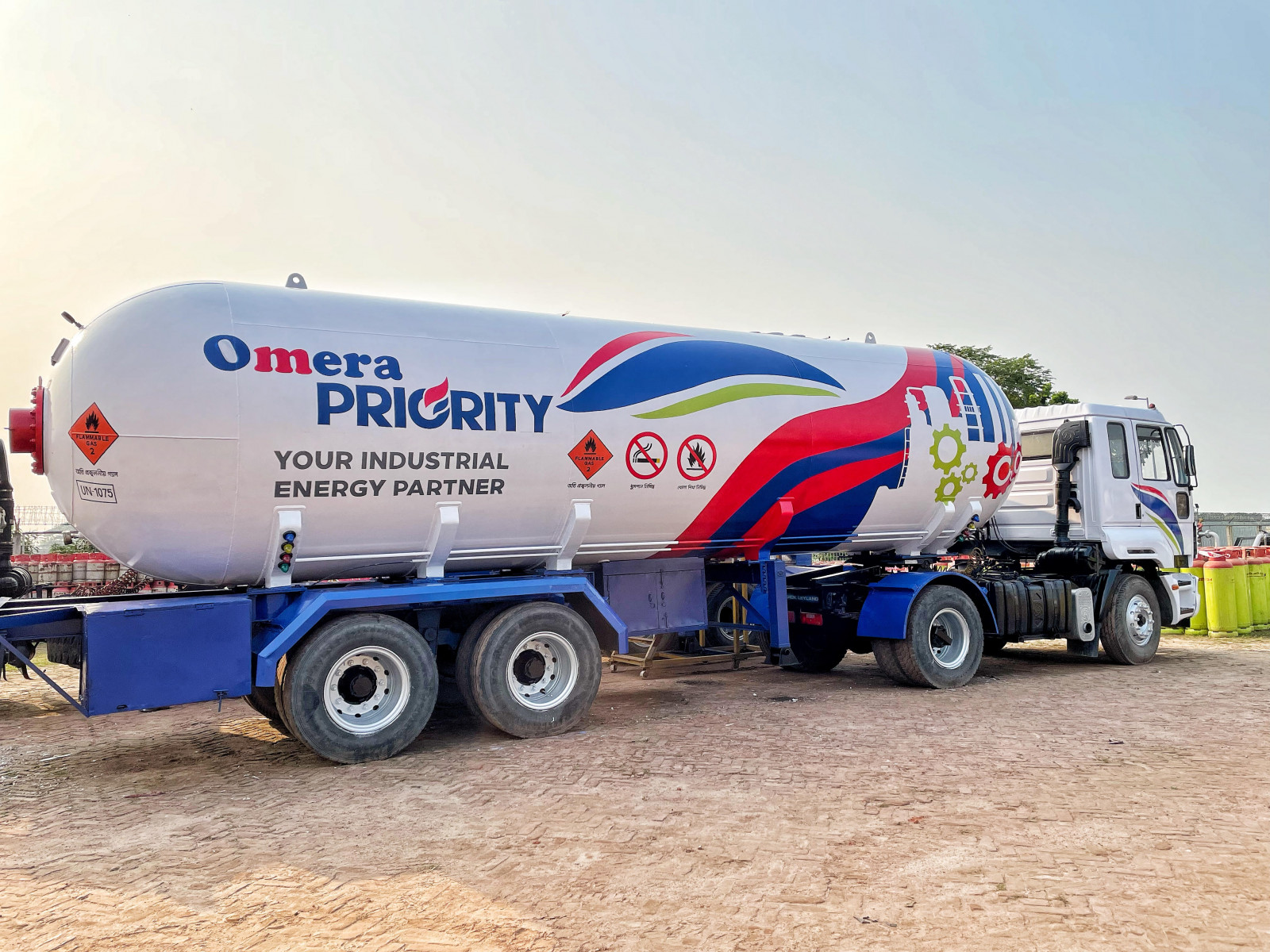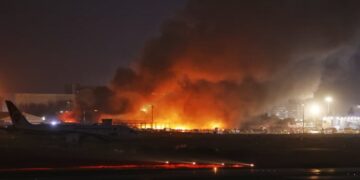Omera Petroleum is set to acquire Totalgaz Bangladesh for $32 million, aiming to strengthen its foothold in the country’s fast-growing LPG market. Here’s how the deal could reshape the energy landscape.
In a major shake-up in Bangladesh’s energy sector, Omera Petroleum is set to acquire the Bangladesh operations of French energy giant Totalgaz for $32 million (approximately BDT 390 crore). If finalized, the deal is expected to significantly strengthen Omera’s position in the country’s booming liquefied petroleum gas (LPG) market.
Currently, Omera controls 22% of the LPG market, while Totalgaz holds around 5%. The acquisition would consolidate Omera’s share and possibly reshape competitive dynamics in a sector that is growing rapidly year over year.
Deal Structure: Equity and Debt Assumption
Sources from both companies confirmed that the acquisition deal has been months in the making. Of the $32 million, approximately $19 million will be allocated to equity, and the remaining $13 million will cover liabilities and asset transfers, including outstanding bank loans.
One of the biggest obstacles during negotiation was the 11% local shareholder ownership in Totalgaz Bangladesh. These stakeholders were initially reluctant to exit. However, after years of continuous annual losses of BDT 15 to 20 crore, Totalgaz eventually agreed to wind up its business in Bangladesh.
“All legal documents have already been exchanged. We’re expecting to sign the final agreement very soon,” a senior Omera official told The Business Standard.
Omera’s Growing Footprint in LPG Market
Omera Petroleum owns Omera LPG, a joint venture comprising:
-
MJL Bangladesh Limited – 62% ownership
-
BB Energy (Asia) Private Limited – 25%
-
FMO (Netherlands-based development bank) – 13%
Omera has already established itself as one of the key players in Bangladesh’s LPG industry, benefiting from robust infrastructure and widespread distribution networks.
The Rise and Retreat of Totalgaz in Bangladesh
Totalgaz entered Bangladesh in 2002 and quickly became one of the top three LPG importers and marketers. However, as aggressive investments from local companies poured into the sector, Totalgaz struggled to compete in a fully import-dependent market.
Its operations in Bangladesh included:
-
LPG import, storage, and bottling
-
Distribution of 12kg, 15kg, and 33kg cylinders
-
Bulk supply to industrial clients
-
Major infrastructure like a 100,000-ton terminal in Sitakunda, Chattogram, and a secondary facility in Bogura
Despite its early growth, the company couldn’t survive the fierce price wars, increased operational costs, and aggressive promotions like free-cylinder offerings that local brands widely adopted.
LPG Market Dynamics in Bangladesh
Bangladesh’s LPG industry has experienced phenomenal growth over the past decade. In 2010, the country consumed just 70,000 tons of LPG. Today, the annual demand stands at 1.7 million tons, growing at a 15–20% rate per year. Forecasts suggest this demand could soar to 3 million tons by 2030.
Read More: IMF Approves Additional $800 Million Loan for Bangladesh
This explosive growth is driven by a gradual depletion of natural gas reserves and government restrictions on new pipeline gas connections since the early 2000s. In response, the government began encouraging the use of LPG across households and industries. Since 2009, the Energy Ministry has issued 58 LPG business licenses, transforming the sector into a highly competitive field.
High Competition, High Pressure
The LPG market is now dominated by powerful conglomerates like:
-
Bashundhara Group
-
Jamuna Spacetec
-
Beximco
-
Meghna Group
-
City Group
While the growth potential is immense, the industry is under pressure from:
-
Rising logistics and operational costs
-
Unsustainable promotional offers
-
Shrinking profit margins due to intense competition
These pressures have forced some firms to exit the business altogether, opening up room for consolidation—like the Omera-Totalgaz deal.
With the Totalgaz acquisition, Omera is strategically positioning itself to lead the LPG sector in the coming decade. The company’s increased infrastructure and market share will make it a central player in shaping how Bangladesh transitions from pipeline gas to LPG-based energy solutions.
Moreover, as Bangladesh prepares for increased energy demand from industrial expansion and urbanization, companies like Omera with strong capital backing and operational agility will likely dictate the pace and direction of the sector.
The $32 million acquisition of Totalgaz Bangladesh is more than a business deal, it’s a strategic consolidation move signaling the next phase of growth and competition in the LPG market. For Omera, it’s a bold bet on Bangladesh’s energy future.

















